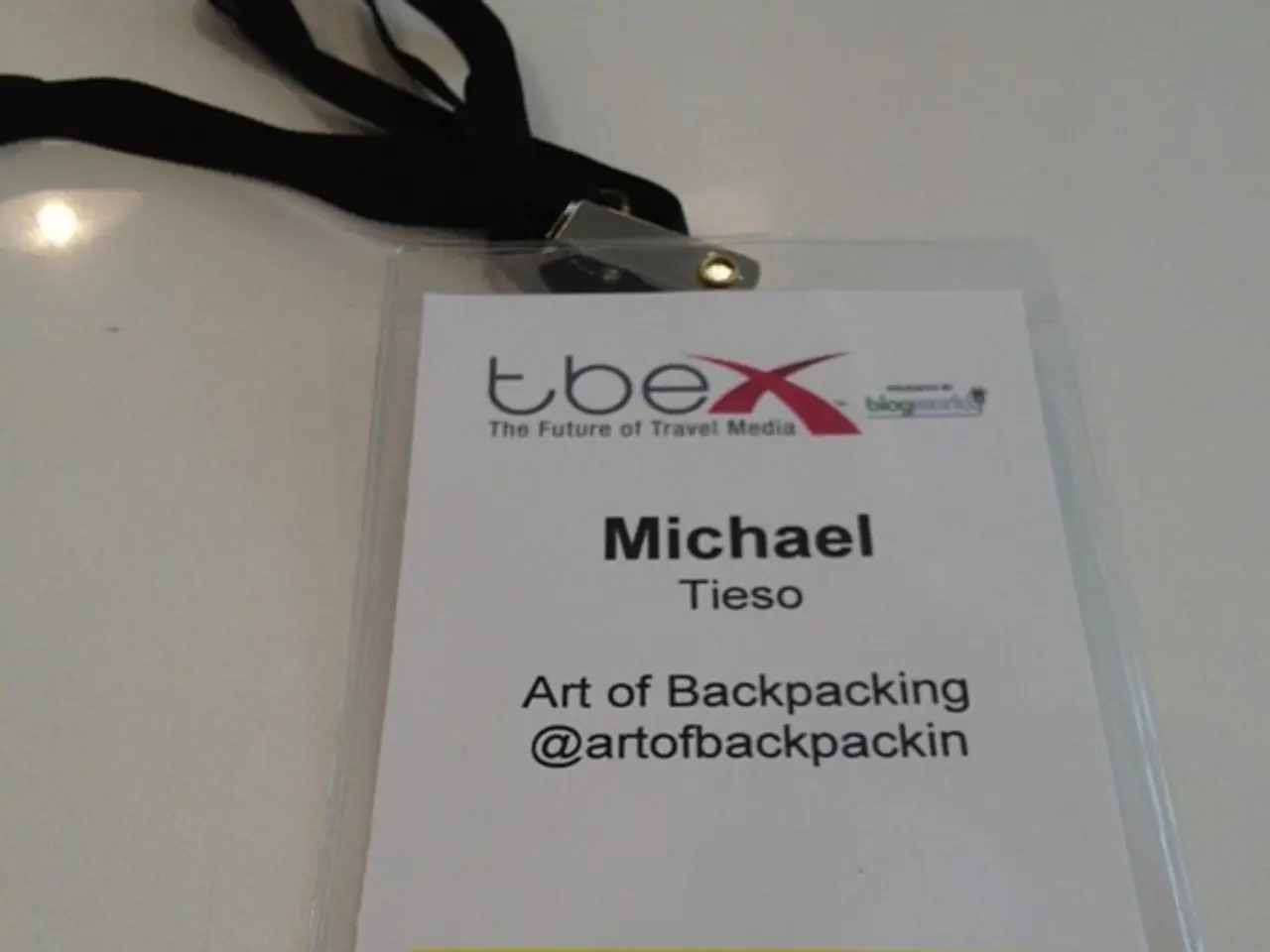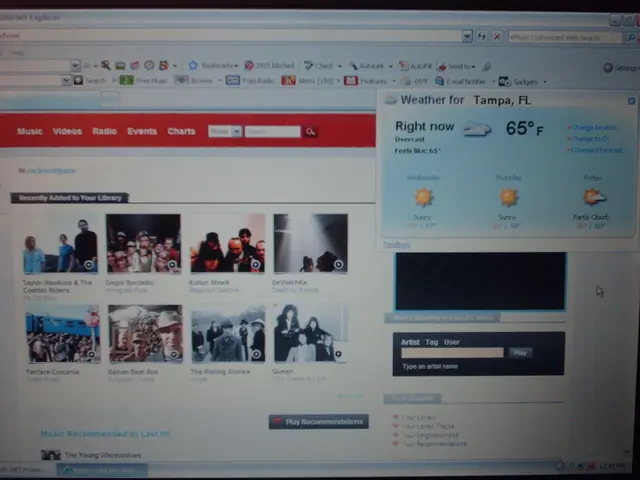Essential Skills to Boost Your Performance for Career Progression
In today's dynamic job market, career transitions are becoming more common. Whether you're looking to move from design to coding, data analytics, user experience, or another field, transferable skills can be your key to success. These are soft skills that can be applied in any situation or career, making them invaluable in the job search process.
Transferable skills that employers highly value include:
- Communication: Clear verbal and written communication, active listening, and adapting style for different audiences are essential for teamwork, client interactions, and digital workplaces.
- Problem-solving: The ability to analyze situations, think critically, and find effective solutions is highly valued across roles and industries.
- Leadership: Demonstrating influence, initiative, and emotional intelligence, even without formal authority, is crucial for mentoring, guiding teams, and conflict resolution.
- Data Literacy and Analytics: Understanding and interpreting data to make evidence-based decisions is increasingly important as data volumes grow.
- Digital Fluency and Tech Aptitude: Comfort with digital tools, AI, and tech innovations, showing adaptability to evolving workplace technologies, is a must.
- Teamwork and Collaboration: Working well with diverse groups, supporting colleagues, and contributing to shared goals are vital for success in any industry.
- Adaptability: Flexibility to handle change, learn new skills, and thrive in dynamic environments is essential for reskilling and keeping up with changing job environments.
- Time Management: Prioritizing tasks and meeting deadlines efficiently is a crucial skill for staying productive and achieving goals.
To identify these skills, reflect on your entire range of experience, including jobs, volunteering, education, and projects. Analyze your accomplishments to determine which skills drove your success, what challenges you solved, and what leadership roles you took on—even informally. Cataloguing concrete examples and quantifying results where possible will help demonstrate your impact.
Once you've identified your transferable skills, it's important to demonstrate them effectively in a job search. Tailor your resume and cover letter by matching your transferable skills to those emphasized in job descriptions, highlighting specific instances of applying those skills. Use the STAR (Situation, Task, Action, Result) or PARLA (Problem, Action, Result, Learned, Application) methods to clearly show how you applied key transferable skills in various situations. Show digital literacy by including relevant technologies you've used or learned. Provide examples of leadership or teamwork from any context, whether it be work, volunteering, or clubs. Use clear, concise communication in all of your application materials and during interviews to reflect your communication skills.
A personalized skills audit can help determine which tech career could be the right fit. Contacting a service for a personalized skills audit is recommended to make the next career move. Recruiters often struggle to identify transferable skills during the interview process, so practicing STAR or PARLA stories can help interviewees effectively demonstrate transferable skills in various interview questions.
Lastly, a cover letter is an excellent opportunity to highlight transferable skills and specify motivation. By focusing on these transferable skills and articulating them clearly, you'll strengthen your candidacy and increase your chances of success in a career transition.
Pursuing a career change requires focusing on personal growth, career development, and learning. Reflecting on your education-and-self-development, volunteering, jobs, and projects can help identify transferable skills such as communication, problem-solving, leadership, data literacy, digital fluency, teamwork, adaptability, time management, and demonstrating these abilities in your resume, cover letter, and interviews can boost your chances of a successful career transition.
To increase your chances of success in a career change, consider undergoing an education or training program that focuses on the relevant skills for your desired field, and don't forget to tailor your application materials and interview responses using the STAR or PARLA method to effectively demonstrate your transferable skills in various situations.






